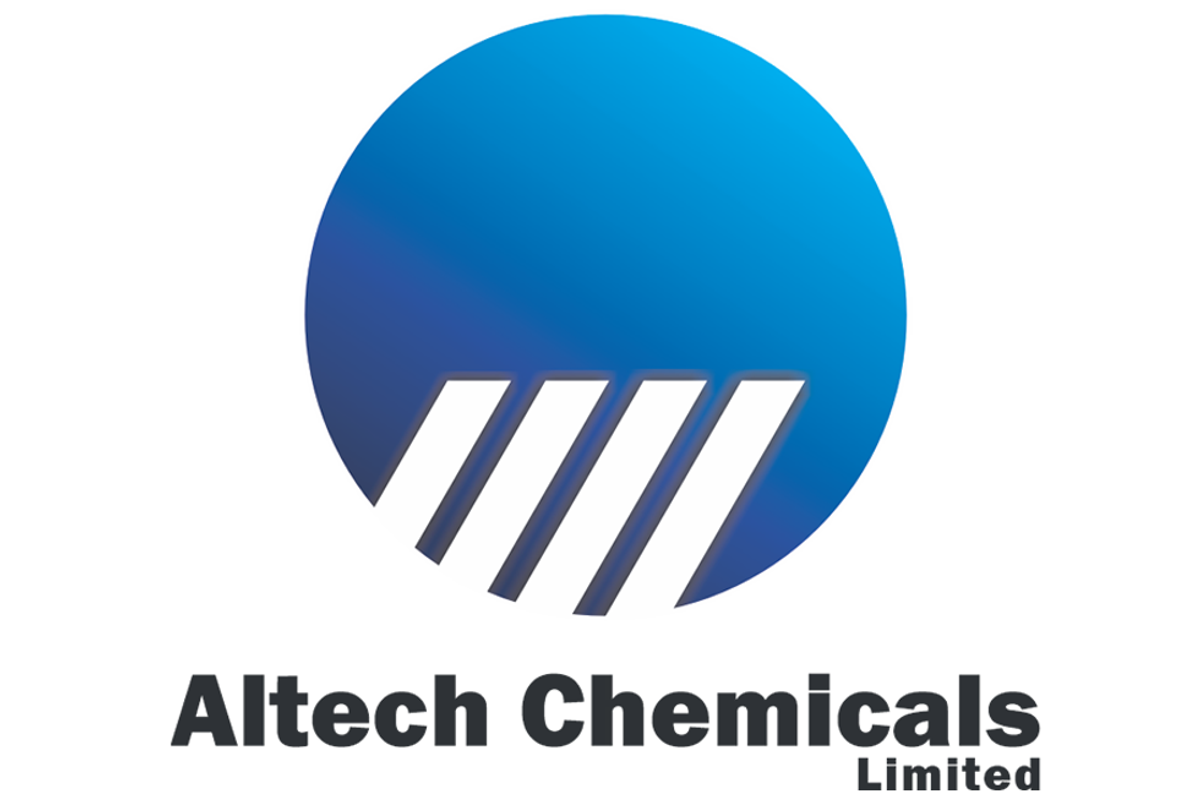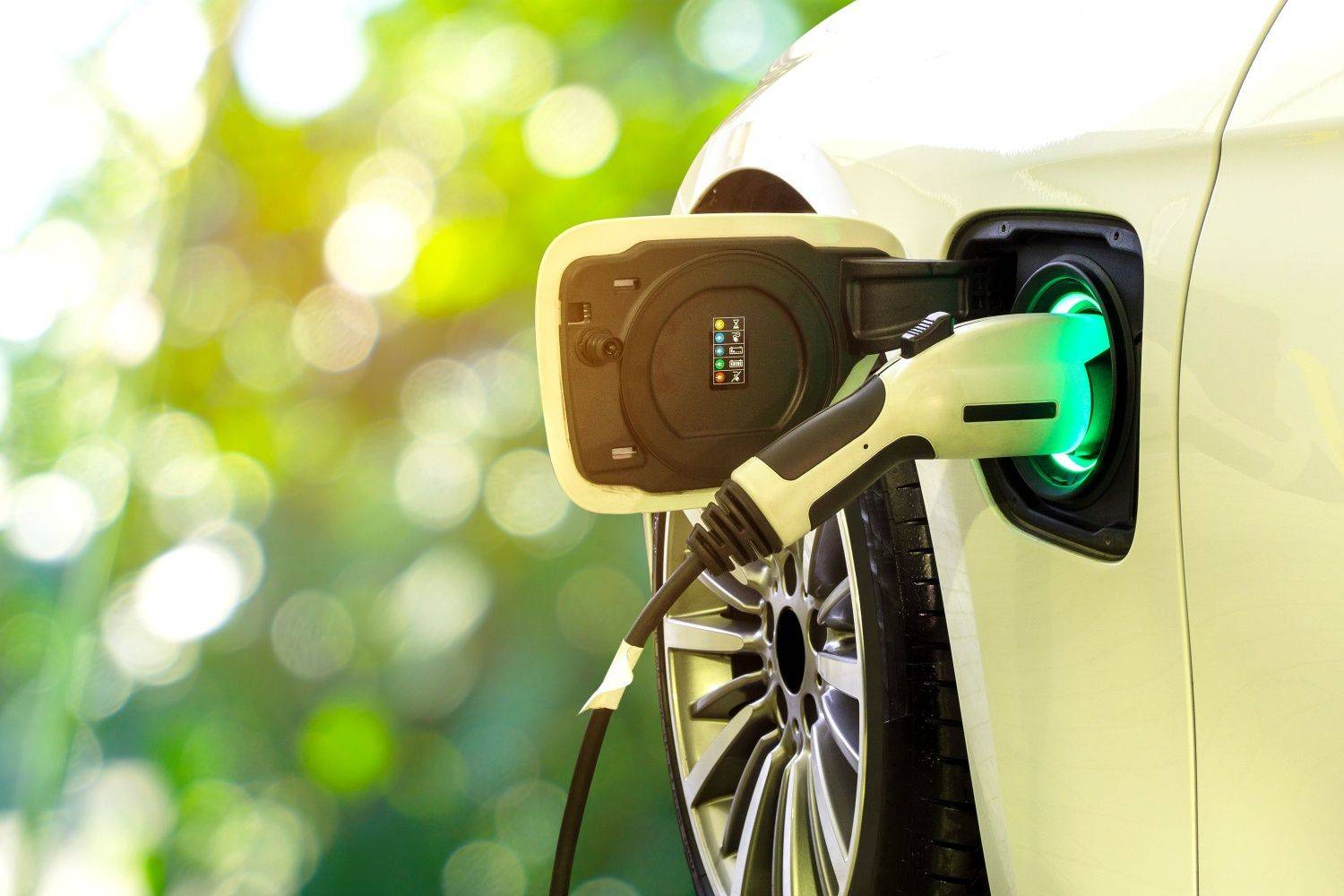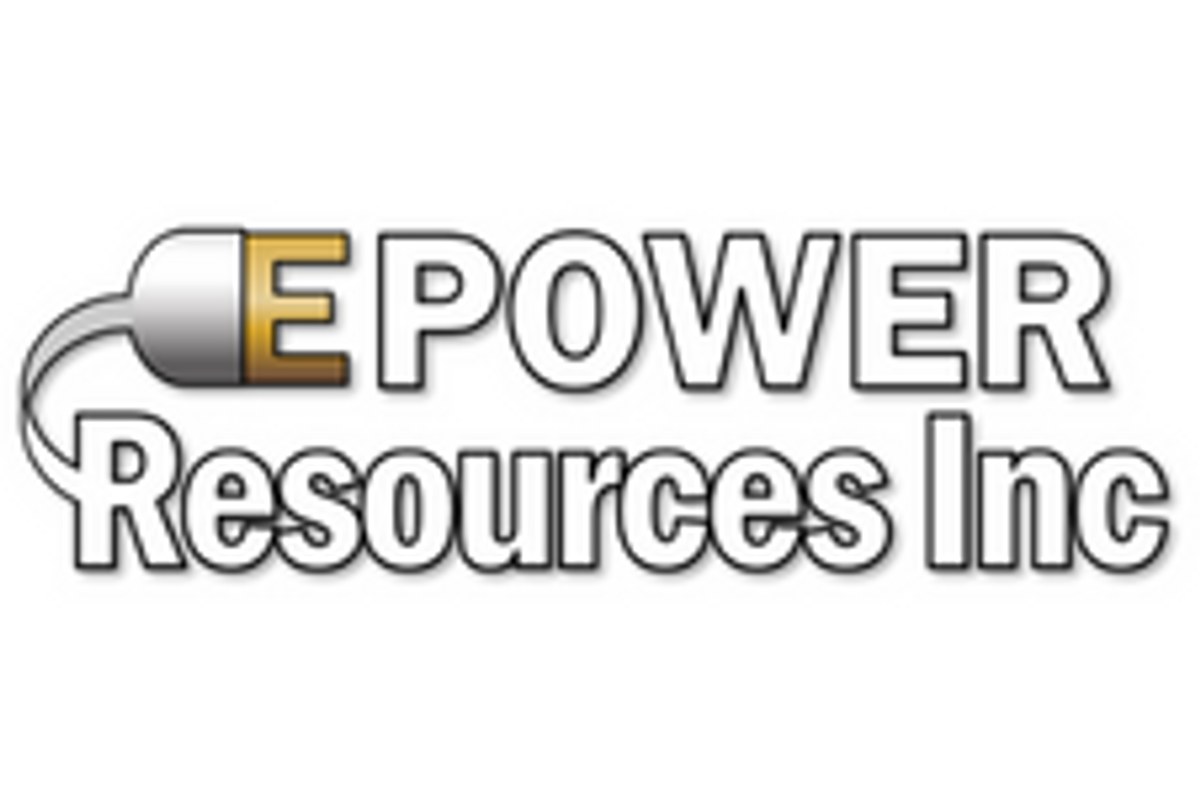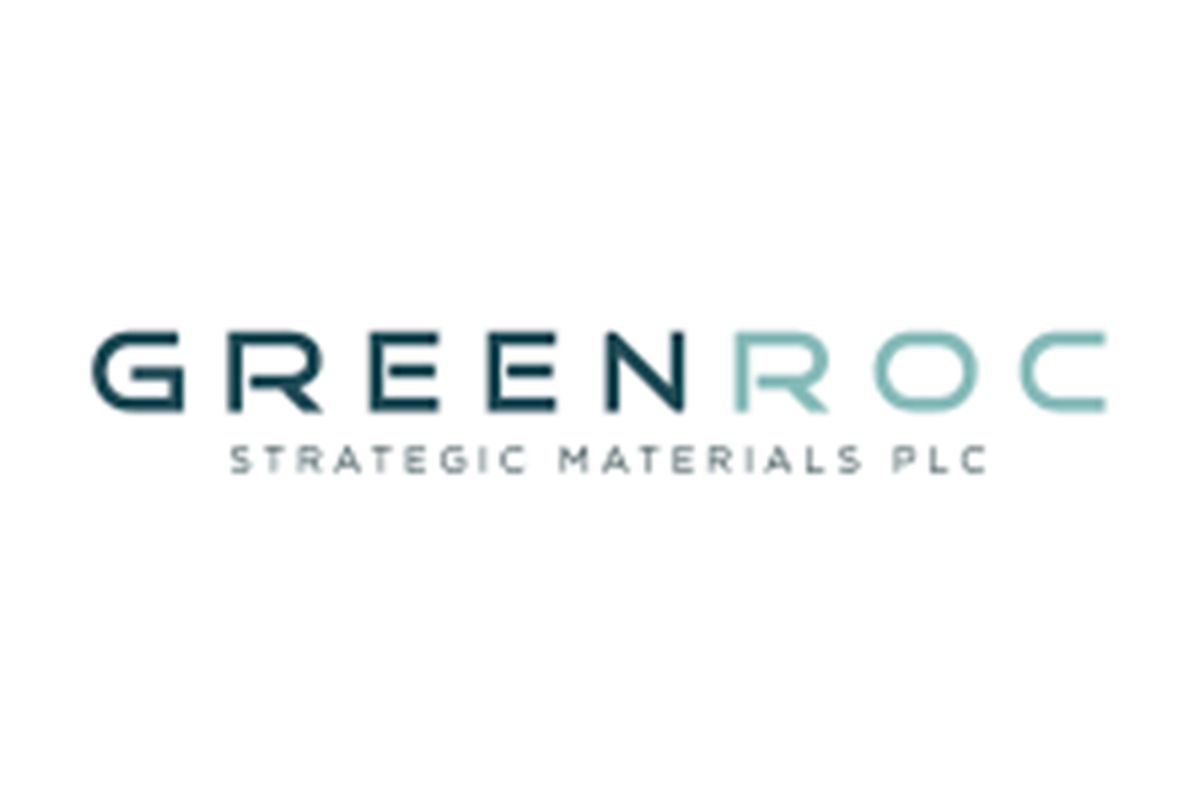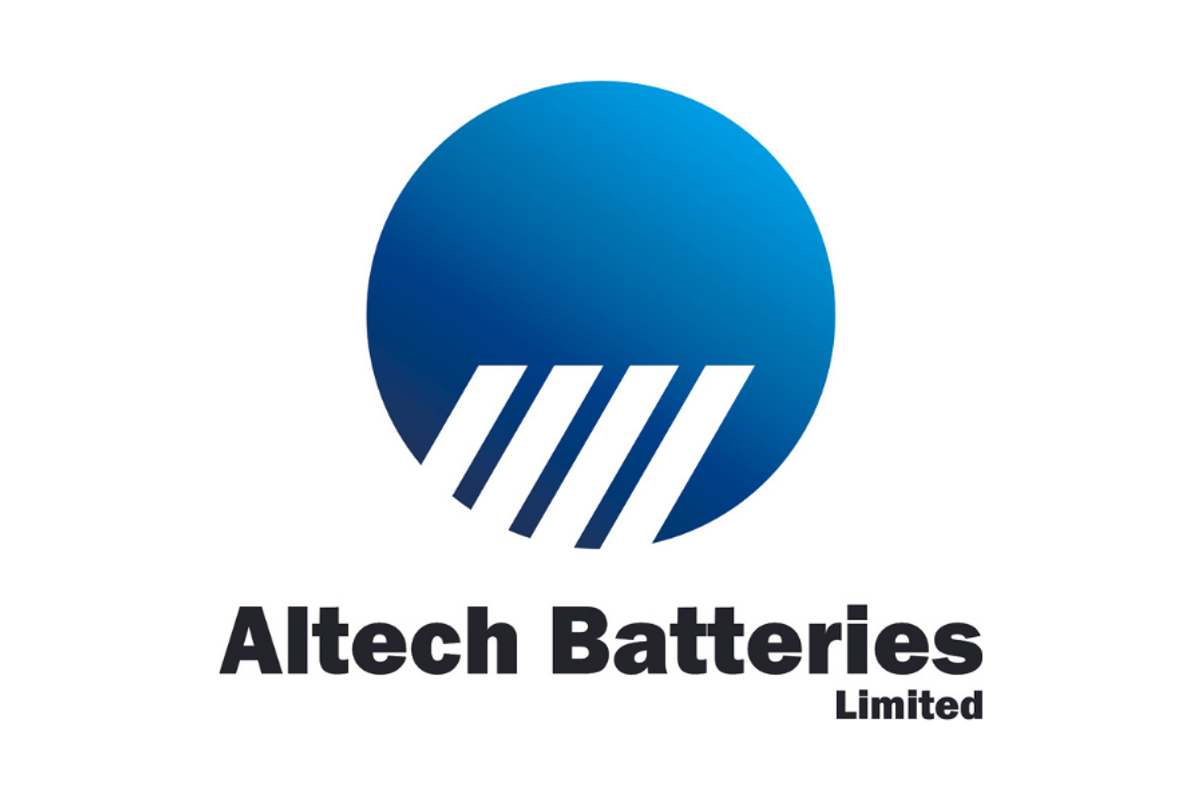
- NORTH AMERICA EDITIONAustraliaNorth AmericaWorld
May 15, 2024
Description
Australian analyst firm East Coast Research has updated its valuation for Altech Batteries (ASX:ATC,FRA:A3Y) to a slightly higher range, as it added Altech’s CERENERGY batteries project to its model.
In the initiation report from February 15, 2024, the company was valued at AU$0.15 per share in the base case and AU$0.21 per share in the bull case, based solely on the DCF valuation of Altech's Silumina AnodesTM Project. The addition of CERENERGY to the valuation model upgraded the valuation to range from AU$0.16 per share in the base case to AU$0.22 per share in the bull case.
“The observed marginal impact on our per-share target valuation range stems largely from Altech's ownership stake in the CERENERGY project being [75] percent and the fact that Fraunhofer's 25 percent stake in the project is free-carried, thus not contributing to project development costs. Our DCF model is broadly based on the assumptions of Silumina Anodes DFS and CERENERGY Battery DFS results and net of minority interests in both projects,” the East Coast Research Report stated.
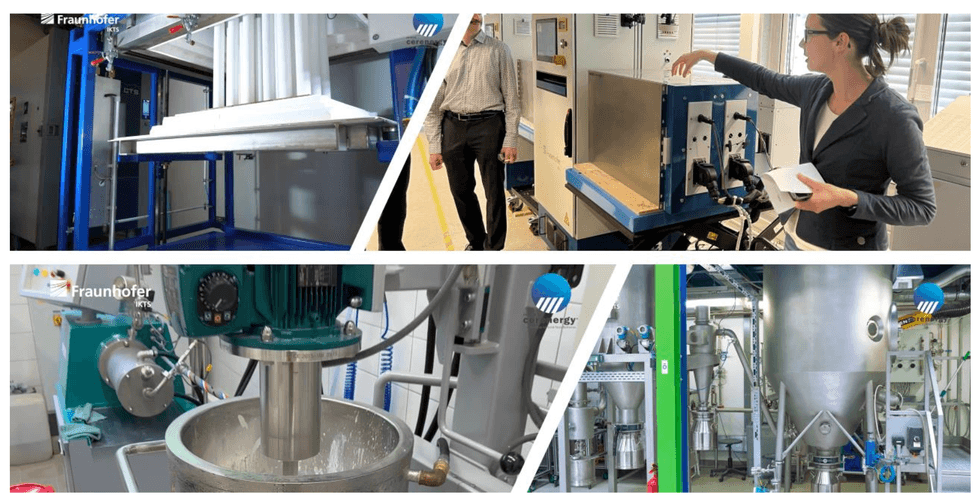
The key risks to the investment thesis, the report noted, include uptake, competition, exchange rate and funding risks.
Highlights of the report include:
- Altech Batteries has completed a definitive feasibility study for its CERENERGY Batteries Project, revealing robust project economics and a pre-tax net present value (NPV9) of €169 million.
- The company is actively engaged in the funding process for the CERENERGY Battery plant, with favorable prospects due to the project's alignment with Europe's commitment to renewable energy transition.
- Altech has signed non-disclosure agreements with major utility conglomerates in Germany, indicating strong interest in its CERENERGY 1 MWh GridPack batteries.
For the full analyst report, click here.
This content is intended only for persons who reside or access the website in jurisdictions with securities and other applicable laws which permit the distribution and consumption of this content and whose local law recognizes the scope and effect of this Disclaimer, its limitation of liability, and the legal effect of its exclusive jurisdiction and governing law provisions [link to Governing Law section of the Disclaimer page].
Any investment information contained on this website, including third party research reports, are provided strictly for informational purposes, are general in nature and not tailored for the specific needs of any person, and are not a solicitation or recommendation to purchase or sell a security or intended to provide investment advice. Readers are cautioned to seek the advice of a registered investment advisor regarding the appropriateness of investing in any securities or investment strategies mentioned on this website.
ATC:AU

Sign up to get your FREE
Altech Batteries Investor Kit
and hear about exciting investment opportunities.
- Corporate info
- Insights
- Growth strategies
- Upcoming projects
GET YOUR FREE INVESTOR KIT
The Conversation (0)
11 May 2025
Altech Batteries
Revolutionary sodium-chloride solid state batteries for renewable energy storage and silicon in graphite anodes for higher energy density batteries.
Revolutionary sodium-chloride solid state batteries for renewable energy storage and silicon in graphite anodes for higher energy density batteries. Keep Reading...
27 January
Quarterly Activities/Appendix 5B Cash Flow Report
Altech Batteries (ATC:AU) has announced Quarterly Activities/Appendix 5B Cash Flow ReportDownload the PDF here. Keep Reading...
06 January
Altech - CERENERGY Project Secures German Grant Approval
Altech Batteries (ATC:AU) has announced Altech - CERENERGY Project Secures German Grant ApprovalDownload the PDF here. Keep Reading...
30 November 2025
Altech - Board Renewal and Strategic Focus
Altech Batteries (ATC:AU) has announced Altech - Board Renewal and Strategic FocusDownload the PDF here. Keep Reading...
27 November 2025
Altech - Board and Management Changes
Altech Batteries (ATC:AU) has announced Altech - Board and Management ChangesDownload the PDF here. Keep Reading...
26 November 2025
Altech - Design Completed for UPS Battery System
Altech Batteries (ATC:AU) has announced Altech - Design Completed for UPS Battery SystemDownload the PDF here. Keep Reading...
27 January
Top 5 Canadian Graphite Stocks (Updated January 2026)
Graphite stocks and prices have experienced volatility in recent years recently due to bottlenecks in demand for electric vehicles, as graphite is used to create lithium-ion battery anode materials. One major factor experts are watching is the trade war between China and the US.China introduced... Keep Reading...
09 December 2025
Greenland Government Grants Exploitation Licence for Amitsoq
GreenRoc Strategic Materials Plc (AIM: GROC), a company focused on the development of critical mineral projects in Greenland, is delighted to announce that the Government of Greenland has granted an Exploitation Licence for the Amitsoq Graphite Project to Greenland Graphite a/s ("Greenland... Keep Reading...
27 November 2025
Major JORC Resource & Reserve Upgrade at Orom-Cross
Blencowe Resources Plc (LSE: BRES) is pleased to announce the completion of the updated JORC 2012 Mineral Resource and Ore Reserve Statement ("JORC") for its 100%-owned Orom-Cross Graphite Project in Uganda. This upgrade incorporates all the infill drilling undertaken in 2025 across the Camp... Keep Reading...
06 November 2025
Amitsoq Update - Graphite pilot processing plant
GreenRoc Strategic Materials Plc (AIM: GROC), a company focused on the development of critical mineral projects in Greenland, is pleased to announce that it has signed a purchase agreement with a leading manufacturing company in China for a line of graphite processing mills and has also signed a... Keep Reading...
21 October 2025
Camp Lode Deposit Delivers High-Grade, Near-Surface Graphite
Further results expected imminently from Northern Syncline infill programme
Blencowe Resources Plc (LSE: BRES), the natural resources company advancing the Orom-Cross graphite project in Uganda, is pleased to announce further assay results from its Stage 7 drilling programme at its flagship Orom-Cross graphite project in northern Uganda. The Stage-7 campaign, the... Keep Reading...
Latest News

Sign up to get your FREE
Altech Batteries Investor Kit
and hear about exciting investment opportunities.
- Corporate info
- Insights
- Growth strategies
- Upcoming projects
GET YOUR FREE INVESTOR KIT
Interactive Chart
Latest Press Releases
Related News
TOP STOCKS
American Battery4.030.24
Aion Therapeutic0.10-0.01
Cybin Corp2.140.00
